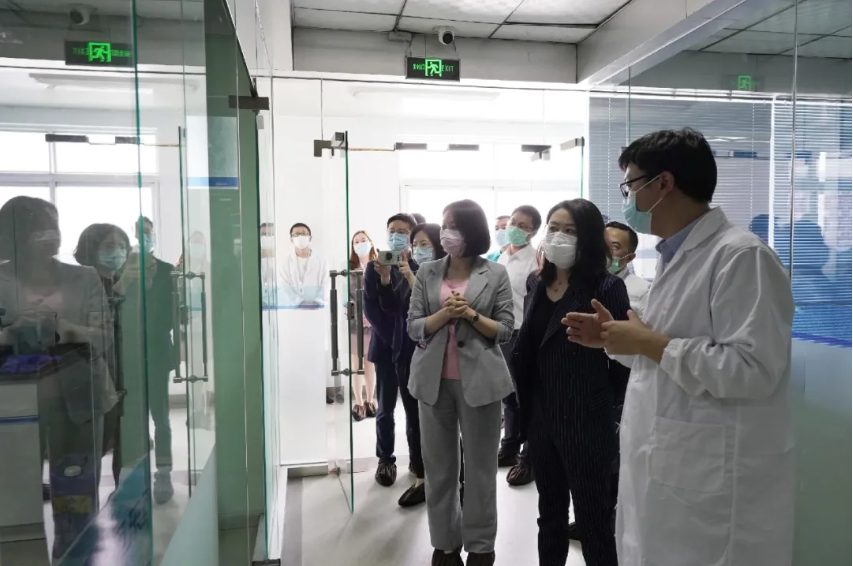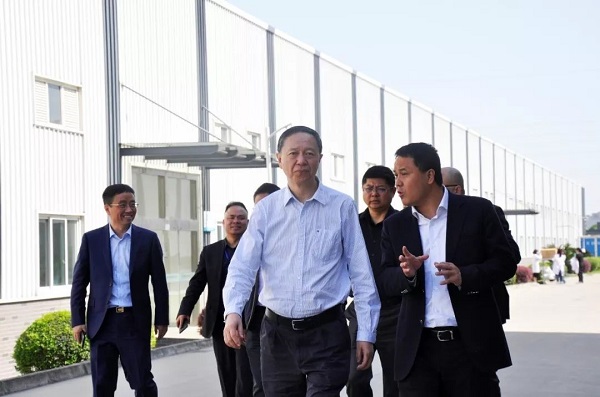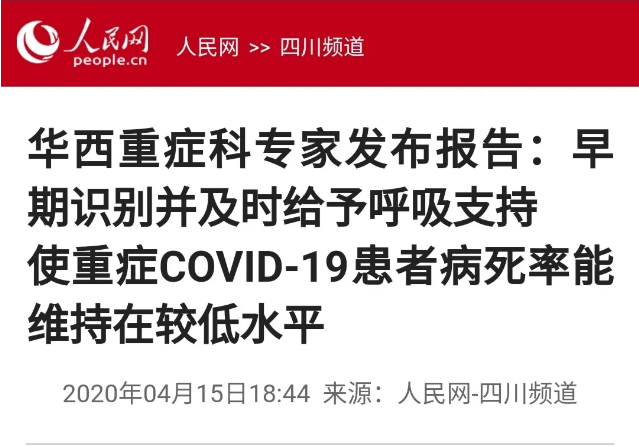
Distinguished patients and family members, you must be worried and scared if you or your family members suffer from invasive bladder cancer. Indeed, patients with invasive bladder cancer not only are tortured by the illness, but also are likely to bear the pain caused by radical cytectomy.
About invasive bladder cancer
Bladder cancer is divided into non-muscle invasive bladder cancer (NMIBC) (tumors are limited at the mucous membrane and submucosa) and muscle invasive bladder cancer (MIBC) (tumors invade the muscle and the exterior structure of bladder). There is a great risk that MIBC may lead to the lymphatic metastasis and hematogenous metastasis. At present, cystectomy is the most effective method on the treatment of local invasive bladder cancer. Meanwhile, drug treatment can help to reduce the risks of palindromia and metastasis.
As we all know, the removal of bladder will result in inconvenience and pain.
Is it be possible not to resect the bladder?
The clinical research shows that, before the resection of bladder, 3-4 periods of neoadjuvant therapies are able to delay the palindromia and prolong the life-span of patients. At the same time, researchers are glad to find that no residual tumors are found in the bladder removed from 25%~30% of patients who accepted previous neoadjuvant therapy. It shows that these patients responded well to this therapy.
This case raises a question worthy of thinking and discussion: is it still necessary to resect or instantly remove the bladder as tumors responding well to the therapy?
With the development of new anticancer drugs and new technologies, some new immune drugs and radiotherapy technologies take well effect on the treatment of bladder cancer, and are likely to facilitate the further increasing the proportion of patients with no residual tumors. Therefore, it is more like to retain the bladder.
Exploration of retaining the bladder
In order to explore new questions in new circumstances and provide patients with the opportunity to retain the bladder, the multi-disciplinary team (MDT) of West China Hospital of Sichuan University consisting of Professor Liu Jiyan from Biotherapy Department of Cancer Center, Professor Zhang Peng from the Department of Urology and Professor Shen Yali from the Department of Tumor Radiotherapy provides patients with bladder cancer with individualized multi-disciplinary comprehensive diagnosis, treatment and follow-up visit, aiming to achieve the maximum reduction and removal of tumors through the combination of electrocision and neoadjuvant therapy.
The bladder retaining plan for patients who are fully evaluated and have no residual tumors is: you can achieve the aim of retaining the bladder via choosing frequent follow-up visit or replacement of surgery by radiotherapy . If you choose to instantly remove the bladder, we (the MDT) will respect your decision. No matter which choice you make, the MDT will closely observe and inspect your state and provide you with considerate and professional care. Especially for patients accepting close follow-up or radiotherapy, we will give you the opportunity and suggestions of performing a surgery or alternative medicine if there is a trend of progression of the disease through the regular examination.
We hope that, on the basis of respecting your will, our professional guidance will provide you with the best personalized therapeutic schedule, furthest control tumors and improve your life quality. The MDT hopes to provide you with professional suggestions and considerate care when you and your family members are confused and helpless.
If you and your family members unfortunately is founded with bladder cancer, please contact the Assistant Yang for consultation or appointment.
Contact person: Assistant Yang
Tel: 13551207644
WeChat No.: swzlk201808
Consultation time: at 9:00-17:00 on weekdays.

Professor Liu Jiyan from Biotherapy Department of Cancer Center, West China Hospital of Sichuan University:
Liu Jiyan, doctor of medicine, professor, and doctoral supervisor. Deputy Director of the Biotherapy Department of Cancer Center, West China Hospital of Sichuan University and Director of the Oncology Department of West China Hospital, Ziyang Branch. He graduated from West China Center of Medical Sciences,Sichuan University, visited and studied in MD Anderson cancer center for 1 year after completing his post-doctoral education in Sun Yat-sen University Cancer Center. He specializes in medical oncotherapy and especially in the treatment of urologic neoplasms and digestive system neoplasm. He is the academic and technical leader of Health Commission of Sichuan Province, and backup of academic and technical leader in Sichuan Province.
Professor Zhang Peng from the Department of Urology, West China Hospital of Sichuan University:
Zhang Peng, doctor of medicine, professor and research supervisor. He obtained his doctorate in urology in 2006. He specializes in urologic neoplasms systematization, minimally invasive diagnosis and therapy, especially excel in the systematized and individualized therapy of urologic neoplasms, the surgery and comprehensive treatment of bladder cancer, comprehensive treatment of bladder retaining for aged patients with bladder cancer and the diagnosis and treatment of serious diseases in the Department of Urology. Now he is the group leader of the bladder cancer sub-group of the Department of Urology in West China Hospital of Sichuan University.
Introduction of Professor Shen Yali from the Department of Cancer Radiotherapy, West China Hospital of Sichuan University
Shen Yali, doctor of oncology, associate professor of the Department of Abdominal Oncology in West China Hospital of Sichuan University. She participated in the "Government-sponsored Senior Research Scholars or Visiting Scholars" project, visited and studied in University of California for 1 year in 2016. She is engaged in the clinical and scientific research of the radiotherapy of abdominal neoplasms for a long time, and specializes in the accurate radiotherapy of urologic neoplasms and digestive system neoplasm, as well as the combination of radiotherapy, targeted therapy and immunotherapy. She gathers rich clinical treatment experience in the conformal therapy and intensity modulated radiation therapy of prostatic cancer, bladder cancer and renal cancer, stereotactic radiotherapy and image-guided radiotherapy.







